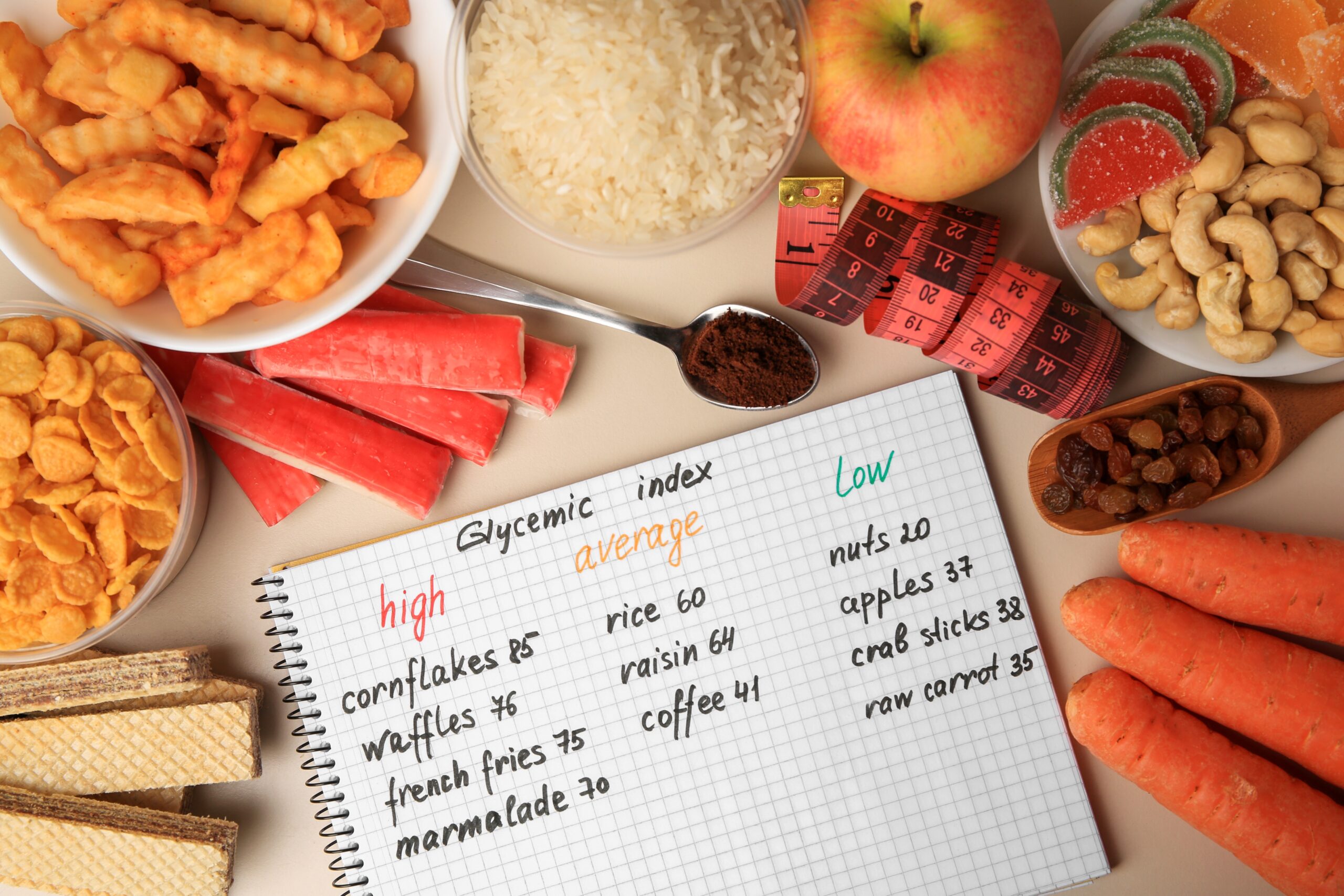Table of Contents

Sugar, that sweet temptation in many foods we consume daily, might be silently accelerating our aging process in ways we never expected beyond just adding pounds to our waistlines.
At a Glance
- The average American consumes a staggering 77 pounds of added sugar annually, often hidden in processed foods
- Sugar molecules attach to collagen and elastin through a process called glycation, leading to wrinkles and sagging skin
- High sugar intake increases inflammation throughout the body, contributing to joint pain, fatigue, and slower healing
- Excessive sugar consumption is linked to cognitive decline and increased risk of Alzheimer's disease, sometimes called "Type 3 diabetes"
- Each additional gram of sugar consumed daily can increase biological age by approximately 7 days
The Sweet Deception: How Sugar Ages Your Skin
Hidden sugars lurk in countless foods we consume daily, from obvious desserts to seemingly healthy options like flavored yogurts, granola bars, and even tomato sauce. When sugar enters our bloodstream, it triggers a damaging process called glycation. During glycation, sugar molecules permanently attach to proteins like collagen and elastin—the very elements that keep our skin firm, plump and youthful. These damaged proteins become stiff and malformed, leading to visible signs of aging including wrinkles, sagging skin, and a dull complexion that makes us look older than our chronological age.
Studies show that high-glycemic foods cause rapid blood sugar spikes, leading to increased insulin production and excess sebum production. This creates a perfect environment for acne development and aggravation. Beyond these immediate effects, the advanced glycation end products (AGEs) that form through glycation create oxidative stress that further damages skin cells and accelerates the breakdown of collagen—the scaffolding that supports youthful skin. Dermatologists increasingly recognize that sugar consumption may be as damaging to skin as unprotected sun exposure over time.
Sugar and Your Brain: The Cognitive Connection
The damage sugar causes extends far beyond skin-deep concerns. Research increasingly links high sugar consumption to cognitive decline and brain health deterioration. High insulin levels resulting from sugar consumption can significantly impact memory and overall brain function. Scientists have even begun referring to Alzheimer's disease as "Type 3 diabetes" due to its strong association with insulin resistance in the brain. When your brain becomes insulin resistant, it cannot use glucose efficiently for energy, leading to cognitive impairment and accelerated brain aging.
Studies examining memory and cognitive function found that even in healthy, non-diabetic individuals, higher blood glucose levels were associated with poorer memory performance. The hippocampus, critical for memory formation, appears particularly vulnerable to the effects of excess sugar. Additionally, the pleasure-reward pathways activated by sugar consumption can create addiction-like patterns, making it increasingly difficult to break the sugar habit as we continue consuming it regularly.
The Inflammatory Cascade: How Sugar Fuels Chronic Inflammation
Perhaps sugar's most insidious impact on aging comes through its promotion of systemic inflammation. When we consume excess sugar, our bodies respond with an inflammatory reaction that, over time, becomes chronic. This persistent, low-grade inflammation is increasingly recognized as a root cause of numerous age-related diseases and accelerated aging. High sugar intake directly triggers inflammatory pathways, creating a cascade of inflammatory markers throughout the body and contributing to joint pain, cardiovascular issues, and even autoimmune conditions.
Research published in medical journals demonstrates that excessive sugar consumption is strongly associated with inflammation-related diseases including rheumatoid arthritis, multiple sclerosis, psoriasis, and inflammatory bowel disease. A groundbreaking study recently found that each additional gram of sugar consumed daily increased biological age markers by approximately 7 days. This inflammation doesn't just make us feel older—it literally ages us at the cellular level, affecting everything from our immune function to our body's ability to repair and regenerate tissues.
Turning Back the Clock: Reducing Sugar for Healthier Aging
The good news is that reducing sugar intake can slow and even reverse some visible signs of aging. Health organizations worldwide, including the World Health Organization, recommend limiting sugar intake to less than 10% of total daily calories—and ideally closer to 5%. For most adults, this means consuming no more than 25-30 grams (about 6-7 teaspoons) of added sugar daily. Reading food labels carefully, focusing on whole foods, and gradually reducing your taste for sweetness can help break the sugar addiction cycle.
Replacing refined sugars with antioxidant-rich foods can help neutralize the harmful effects of AGEs and reduce inflammation. Colorful fruits and vegetables, healthy fats like those found in avocados and olive oil, and foods rich in omega-3 fatty acids provide protective benefits. Additionally, maintaining stable blood sugar through regular exercise, adequate sleep, and stress management further reduces the damage sugar can cause. These lifestyle changes don't just improve appearance—they enhance overall health, energy levels, and cognitive function for healthier aging from the inside out.
AD
Most Recent
AD
